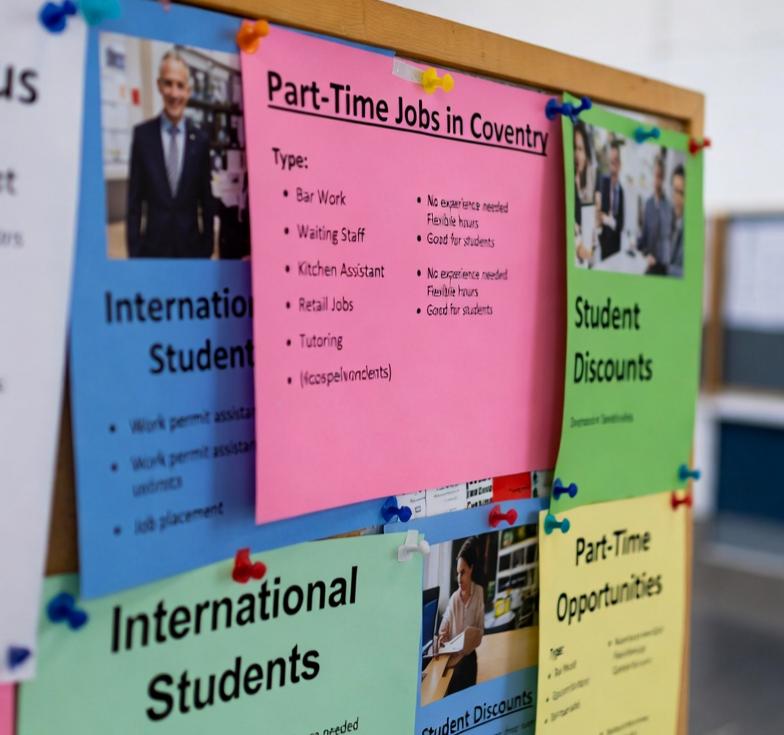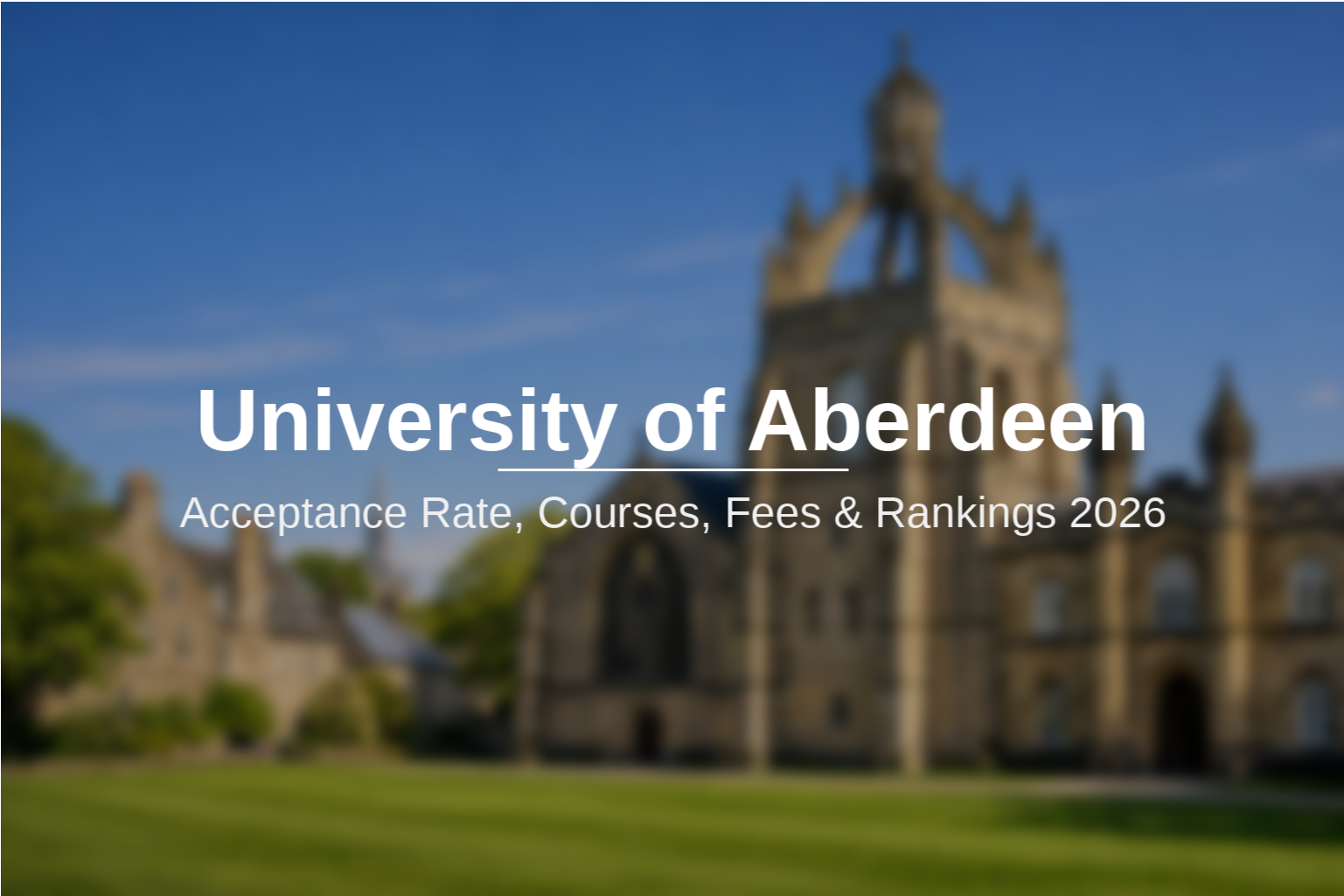Are you preparing for a scholarship interview? Then congratulations! This blog will explore some of the most frequently asked scholarship interview questions and tips for awards scholarship interviews.
Top 5 Scholarship Interview Questions

Question One – Tell us about yourself
This question often serves as the ice-breaker during interviews, allowing you to steer the conversation in a direction that highlights your unique strengths and experiences. The interviewer is keen on discovering what sets you apart from the crowd. They are interested in the specifics, not broad strokes. Before diving into a specific story or detail, offer a general overview of who you are. Use this chance to underscore relevant skills that align with the scholarship’s purpose.
For instance, you might say:
“My passion lies in animal welfare, which drives my ambition to pursue a major in animal husbandry and eventually become a veterinarian. My affinity for animals has led me to foster several small creatures and volunteer regularly at our local animal shelter. I’ve shadowed a travelling vet and gained invaluable hands-on experience caring for injured animals. A particularly memorable experience was when I assisted in bandaging a dog’s leg after a car accident. Witnessing an animal in distress is heart-wrenching, but alleviating its pain and contributing to its recovery is profoundly rewarding.”
Question Two – What career do you want to pursue?
When asked about your career aspirations, your response should paint a clear picture of your future ambitions. Discuss what or who sparked your interest in your chosen field and why it’s important to you. Highlight how this scholarship will act as a stepping stone on your professional journey and what you envision doing after completing your degree or program.
For instance, you could say:
“My aspiration to become a caregiver was ignited when my sister underwent surgery four years ago and required assistance during her recovery. Today, my ambition is to become a registered nurse, allowing me to provide care and support to others in an environment that offers both challenges and rewards. After earning my bachelor’s degree in nursing from Jackson University, I plan to work within the local healthcare system to gain practical experience. Subsequently, I aim to pursue a master’s degree in nursing to become a nurse practitioner. My ultimate goal is to serve in critical care at a hospital in my hometown of Dallas, ensuring I’m close to my family when they need me.”
Question Three – Why are you deserving of this scholarship?
When addressing why you deserve a scholarship, view it as another chance for the interviewer to gain deeper insight into your story and aspirations. You sought this specific scholarship for a reason, so be candid and heartfelt in your response. The interviewer is eager to see that you have a personal stake in the scholarship and that it’s not merely a financial aid request.
For example, you might say:
“My cousin’s battle with cystic fibrosis has given me firsthand experience of paediatricians’ remarkable work. This inspired me to dedicate my life to caring for children suffering from chronic illnesses. The path to medical school is costly, and this scholarship would significantly aid me in achieving my goal of becoming a doctor. In turn, I aspire to make a difference in the lives of children like my cousin battling serious health conditions.”
Question Four – What is your most outstanding achievement?
When asked about one of your most significant achievements, seize this opportunity to delve into a meaningful accomplishment or project you’ve been involved in. Discuss why it holds value for you beyond the achievement itself.
For instance, you could say,
“One of my proudest accomplishments is serving as an editor for my school’s yearbook committee, which won the coveted Interscholastic Award for Best Yearbook last year. This achievement holds special significance for me because there were doubts about whether we’d even have a yearbook as the school year drew close. We grappled with funding constraints and had to switch printers midway through March. However, we surmounted these challenges and committed to creating a quality yearbook that beautifully encapsulates the year’s memories. Overcoming these hurdles and still winning an award for our yearbook has been an enriching experience.”
Question Five – What activities have you participated in?
In answering this question, it’s essential not to merely enumerate all your extracurricular activities. Instead, select two or three activities or organizations important to you and discuss the skills and insights they’ve helped you cultivate.
You might say,
“For four consecutive years, I’ve been an integral part of my high school soccer team, and our hard work culminated in reaching the state championships last year. This experience has taught me the importance of dedication, perseverance, and teamwork. Additionally, I volunteer at our local aquarium, which has sparked a profound interest in marine biology and conservation. The exposure to these ecological aspects has made me seriously consider pursuing a career in this field.”
Tips for Scholarship interviews

Before the Interview:
– Take time to review the objectives of the Awards Scholarships on the school website.
– The interview lets us learn more about you, your work history, and your personal and career objectives. Consider the key points about yourself that you want to emphasize.
– Please familiarize yourself with your application, as you may be asked to clarify or expand on specific points you made.
– Research your chosen field of study and university, and be ready to articulate compelling reasons for your choices.
– Contemplate your career aspirations and how studying can assist in achieving those goals.
– Reflect on how you plan to contribute to your community, organization, or home country using the knowledge you’ll acquire in school.
– Anticipate potential interview questions. Usually, open-ended questions that demand more than simple yes, no, or maybe answers. Practising responses can prove beneficial.
– Role-playing an interview with a friend or colleague can be another effective preparation method.
During the Interview:
– Aim to arrive at the interview venue at least 20 minutes early. The staff members will need to verify your application documents, details of which will be provided in the interview invitation letter.
– The interview will be conducted in English. If you struggle with remembering a word or expressing a concept, feel free to request assistance from a panel member.
– The interview should be as relaxed as possible. Preparation and practice can help alleviate nerves. Try to foresee potential questions and rehearse your responses.
– When answering questions, be direct and concise.
– If you encounter a challenging question, take your time to comprehend it and don’t hesitate to ask for clarification. Providing examples can often be an effective way to answer difficult questions.
– It’s best to draw from your personal experiences when giving examples.
– Feel free to share something that hasn’t been discussed but could contribute to your candidacy.








